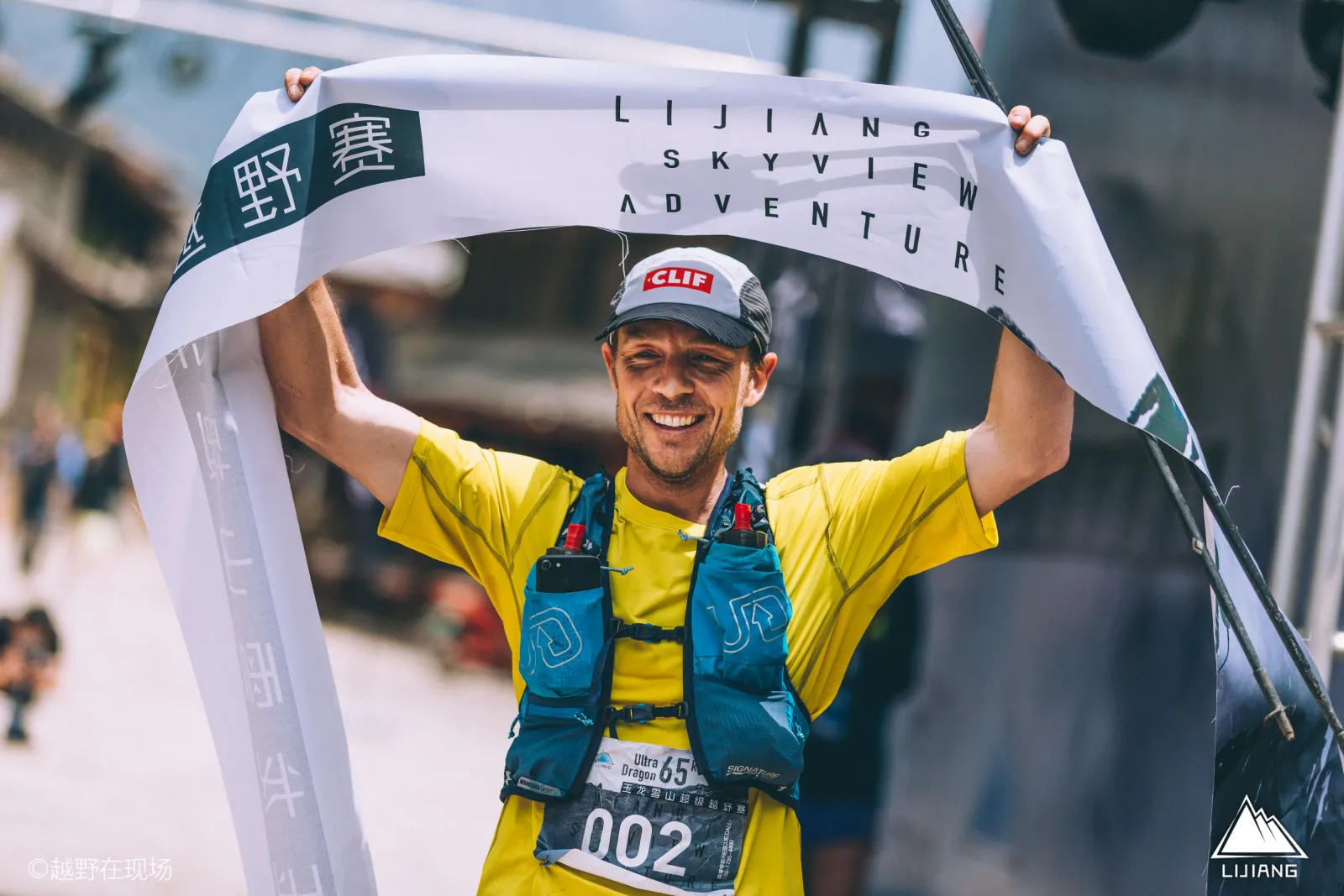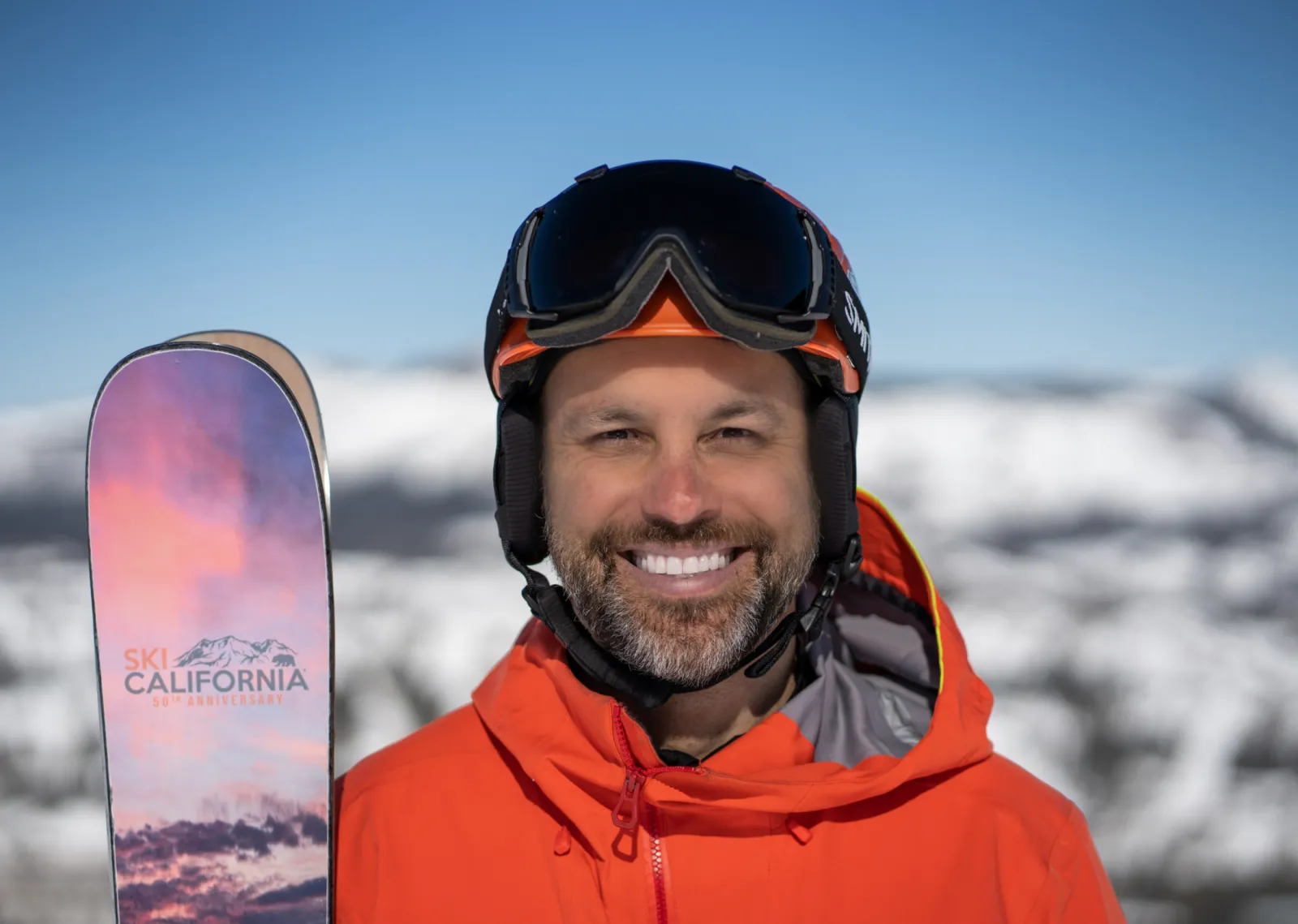An interview with Adam Campbell
You could say that professional athletes find themselves pushing their limits because it’s their job- further enabled by their sponsors and fans. Alternatively, you could say that outdoor brands partner with these athletes because they’re inherently the type of people who strive to do what everyone else deems impossible.
It’s almost inevitable that professional mountain athletes will face their limit at some point. In the case of Adam Campbell, an ultra trail runner who has podiumed in some of the hardest ultramarathons in the world, his experiences in the mountains led him to overcome many impossibilities. Being struck by lightning and surviving a 200-meter fall in Rogers Pass- this guy’s faced his limits.
Adam’s high-risk mountain expeditions, impressive list of sponsors, and trail running accomplishments spanning a decade and a half have enabled him to become a seasoned professional and an industry expert. They’ve also led him to become an incredible storyteller who dedicates his time connecting with people over a love for adventure (of any magnitude). Recently, we tapped Adam’s insights on his career progression in mountain sports and advice he has for athletes and brands alike.
Origin: Sponsorships and brand partnerships obviously permit athletes to travel to remote places and pursue the sports they’re passionate about. Have you ever experienced this as being a double-edged sword, where you feel you’ve needed to push yourself too far?
AC: Absolutely, it’s definitely a big risk. Often times, pushing yourself too far comes in the form of burning out more than anything, especially when being an athlete becomes a job. You have to ensure that throughout your career, you’re setting yourself limits and you’re still taking time to do the things you want to be doing. Personally, I’ve found that as you get older this gets easier because you know yourself better. Having sponsors definitely opens doors to certain opportunities, but you have to find a balance.
Origin: Do you see yourself as the type of person who would be aiming to accomplish the same feats whether you had brand partnerships or not?
AC: For sure, that has to be at the core of it. Ultimately, if the objective getting into these kinds of sports is to get sponsored, I believe that’s the wrong approach. You also need to make sure that, along the way, you’re aligning yourself with brands who have similar values. It’s important for athletes to take consideration when picking brands as partners. You also evolve as a person and as an athlete over the years, and the brands you align yourself with will evolve over that time as well.
You also evolve as a person and as an athlete over the years, and the brands you align yourself with will evolve over that time as well.
Origin: Would you say there are any changes in regards to what athletes are looking for in their brand partnerships, aside from shared values?
AC: I hope that most athletes partner with brands that make products they actually use and align themselves with. Personal relationships are and have also been very important to me within the companies I work with. Like any relationship, you have to actually enjoy spending time with the people there!
With Adam, and in the case of most ultra-marathon runners, climbers, alpinists, freeskiers, and adventure athletes, their sponsorships are not only the result of incredible skill, but also a willingness to take risks that most people would deem unimaginable. An example of this in action can be seen in Adam’s career progression away from racing. In his Ted Talk, he mentioned that he left racing because, despite the gnarly terrain in courses like The Hardrock 100, it wasn’t enough for him. He strived to take his fitness to higher mountains and pushed himself to get closer to ‘the edge’.
Origin: Lots of runners use races to quantify their successes in the sport, if not a race, can you describe what your next big feat/achievement would look like?
AC: It was a great introduction to the world of trail running. Without classical training, I wouldn’t be where I am today, but mountain travel and finding your own routes requires a certain level of creativity, which is what I love.
Right now, my goal is trying to move as fast through the Rockies as I can, getting to know where I live along the way (it’s world-class terrain). I’m also combining more technical skills with my running background. For me, running turned into scrambling, and scrambling became climbing. Now I'm visiting the same terrain in winter and experiencing it in alpine gear and on skis.
Adam’s progression to focussing on mountain travel outside of racing has earned him the fastest known time on many Canadian mountains and trails. It’s also granted him the ability to share some pretty incredible stories. In addition to speaking at numerous events for sponsors like Arc’teryx, Adam’s shared his knowledge and passion at engagements like Canmore TedX and in publications like National Geographic, Globe and Mail, and Trail Runner Magazine, among others.
AC: Ultimately, the people (or athletes) doing the most cutting-edge stuff or taking home the biggest wins aren’t always the best creators. There’s been a move towards sponsoring the content creators and storytellers in the outdoor industry and because of this, you don’t have to be doing the most extreme things to be an ambassador. What brands are looking for is if you’re engaged in your community; if you’re engaged with events or talks, and if you’re speaking to people and sharing your knowledge. It’s easier for sponsors to quantify their return on investment when their athletes and ambassadors are proactive and engaged like this. The few big-name athletes may be able to sell product through their personal brand, but who are consumers looking to get recommendations from? It’s the people who speak with them, take time to educate them, and share their stories and adventures with them.
Origin: You mentioned that running really opened the door to mountain sports and you’ve evolved to practice skiing, scrambling, climbing, and mountaineering. Do you find that being a jack-of-all-trades helps with community engagement and storytelling?
AC: It has definitely broadened the audience I can speak to and allowed more people to find a bit of themselves in what I do. Hopefully, it helps promote curiosity and evolution in others as well. That said, being recognized as a high profile athlete in one sport is what has allowed me to broaden my horizons as I have matured. Plus, as an "adventure" athlete, a large sense of adventure comes with trying new experiences, so it would be disingenuous to not continue to improve and broaden my horizons.
While Adam continues to push his limits in the mountains, he has managed to achieve something that, often times, is a difficult balance for professional mountain athletes. Individually and with the sponsors and organizations he’s aligned himself with, he takes opportunities to share his experiences in a way that’s educational and approachable, oftentimes removing the angst around the mountain sports he practices for adventurers of all kinds.
Adventure is a very individual thing and it forces you to use creativity. It doesn't matter how technical or gnarly whatever you’re doing is. If it challenges your comfort level, it’s an adventure and you can share that experience.






